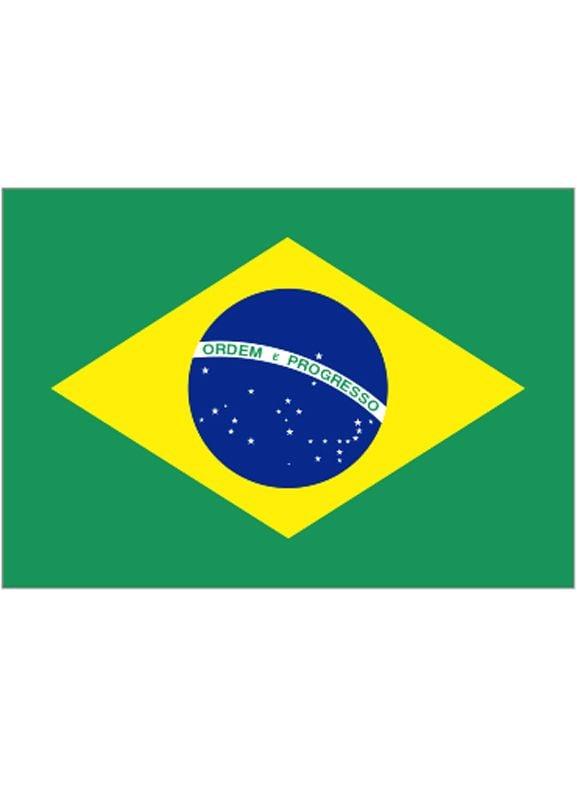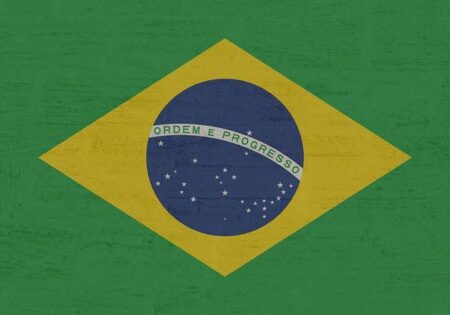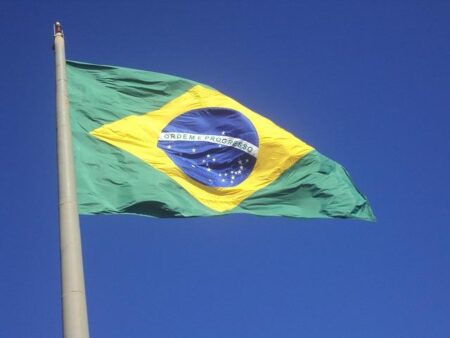Brazil is set to join South Africa in its high-profile genocide case against Israel, sources reveal. The development marks a significant expansion in the international legal challenge, as Brazil prepares to lend its weight to accusations implicating Israel in alleged violations of international law. This move underscores growing global scrutiny over the Israeli government’s policies and actions, further intensifying diplomatic tensions surrounding the ongoing conflict. Details of Brazil’s involvement and the potential implications for the case continue to unfold.
Brazil Signals Support in South Africa’s Legal Battle Accusing Israel of Genocide
Brazil has indicated its intention to support South Africa’s controversial legal claim accusing Israel of genocide, marking a significant diplomatic move in an already tense international dispute. This development comes as both nations seek to hold Israel accountable in the International Court of Justice (ICJ) for alleged violations tied to its conduct in Palestinian territories. Sources close to the Brazilian government say this added backing could amplify the case’s political weight and influence global scrutiny on Israel’s policies.
The growing coalition of states rallying behind South Africa’s legal action underscores several key factors:
- Heightened international attention on alleged human rights abuses against Palestinians
- A shift in Latin American diplomatic alignment toward more vocal advocacy for Palestinian causes
- Potential ramifications for Israel’s foreign relations and international legal standing
| Country | Role in Case | Position |
|---|---|---|
| South Africa | Primary Plaintiff | Accusing Israel of Genocide |
| Brazil | Supporter | Backing Legal Action |
| Israel | Defendant | Denies Allegations |
Implications for International Justice and Diplomatic Relations Explored
The decision by Brazil to align with South Africa’s genocide case against Israel signals a significant shift in the landscape of international justice. This unprecedented collaboration between two influential nations introduces new dynamics into the global discourse on accountability and human rights violations. The case challenges existing international legal precedents and may pressure the International Criminal Court (ICC) and other judicial bodies to reconsider frameworks for prosecuting alleged state-sponsored atrocities. Observers note that this development could embolden other countries to pursue collective legal actions, using international courts as platforms for addressing complex geopolitical conflicts.
Diplomatic relations are expected to undergo substantial strain as a result of this alliance. Israel’s response, likely involving robust diplomatic pushback, may heighten tensions not only with Brazil and South Africa but also within broader international forums. Governments and global institutions will have to navigate a delicate balance between supporting justice initiatives and managing geopolitical alliances. Key implications include:
- Potential reevaluation of bilateral trade agreements
- Increased diplomatic negotiations in multilateral organizations
- Heightened scrutiny of human rights policies worldwide
| Stakeholder | Potential Impact | ||||||||
|---|---|---|---|---|---|---|---|---|---|
| Brazil | Enhanced role in international human rights advocacy | ||||||||
| South Africa | Strengthened global leadership on justice issues | ||||||||
| Israel | Increased diplomatic isolation and pressure | ||||||||
| International Community |
The decision by Brazil to align with South Africa’s genocide case against Israel signals a significant shift in the landscape of international justice. This unprecedented collaboration between two influential nations introduces new dynamics into the global discourse on accountability and human rights violations. The case challenges existing international legal precedents and may pressure the International Criminal Court (ICC) and other judicial bodies to reconsider frameworks for prosecuting alleged state-sponsored atrocities. Observers note that this development could embolden other countries to pursue collective legal actions, using international courts as platforms for addressing complex geopolitical conflicts. Diplomatic relations are expected to undergo substantial strain as a result of this alliance. Israel’s response, likely involving robust diplomatic pushback, may heighten tensions not only with Brazil and South Africa but also within broader international forums. Governments and global institutions will have to navigate a delicate balance between supporting justice initiatives and managing geopolitical alliances. Key implications include:
|




